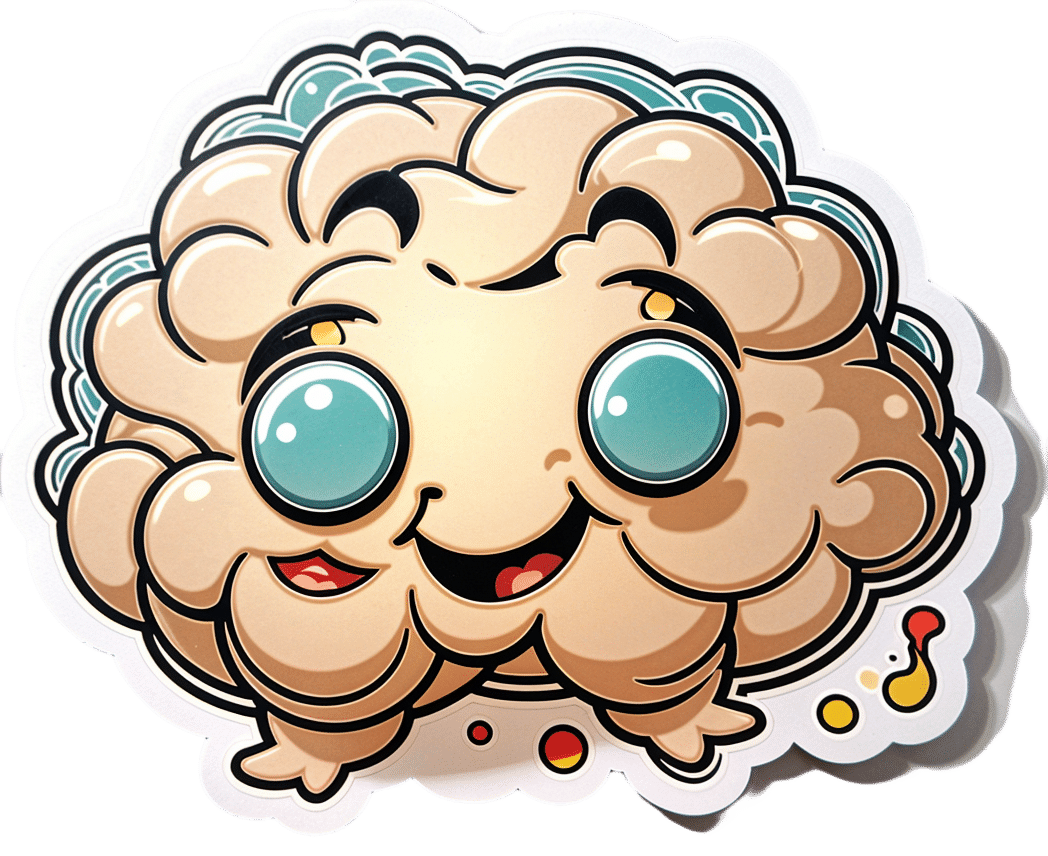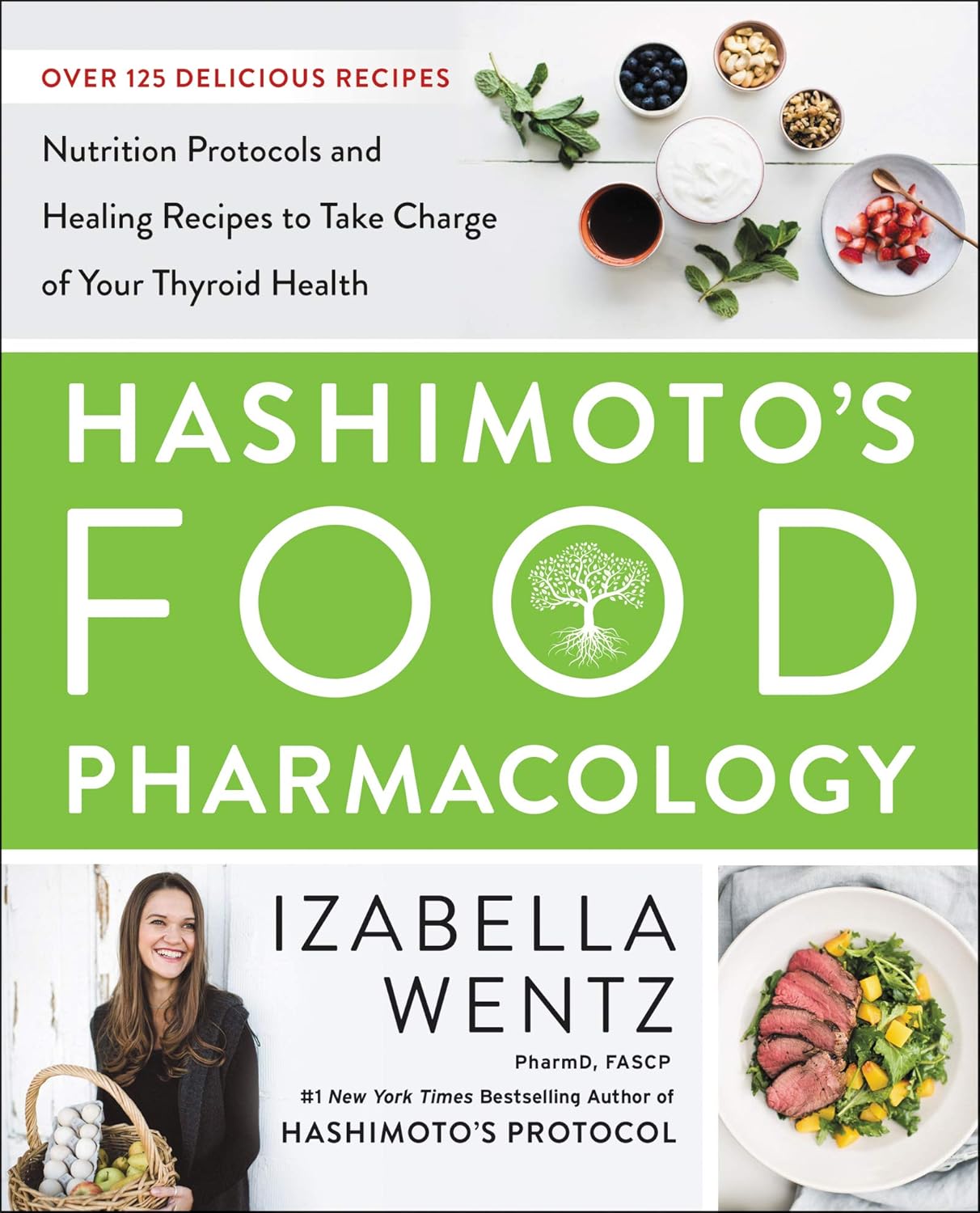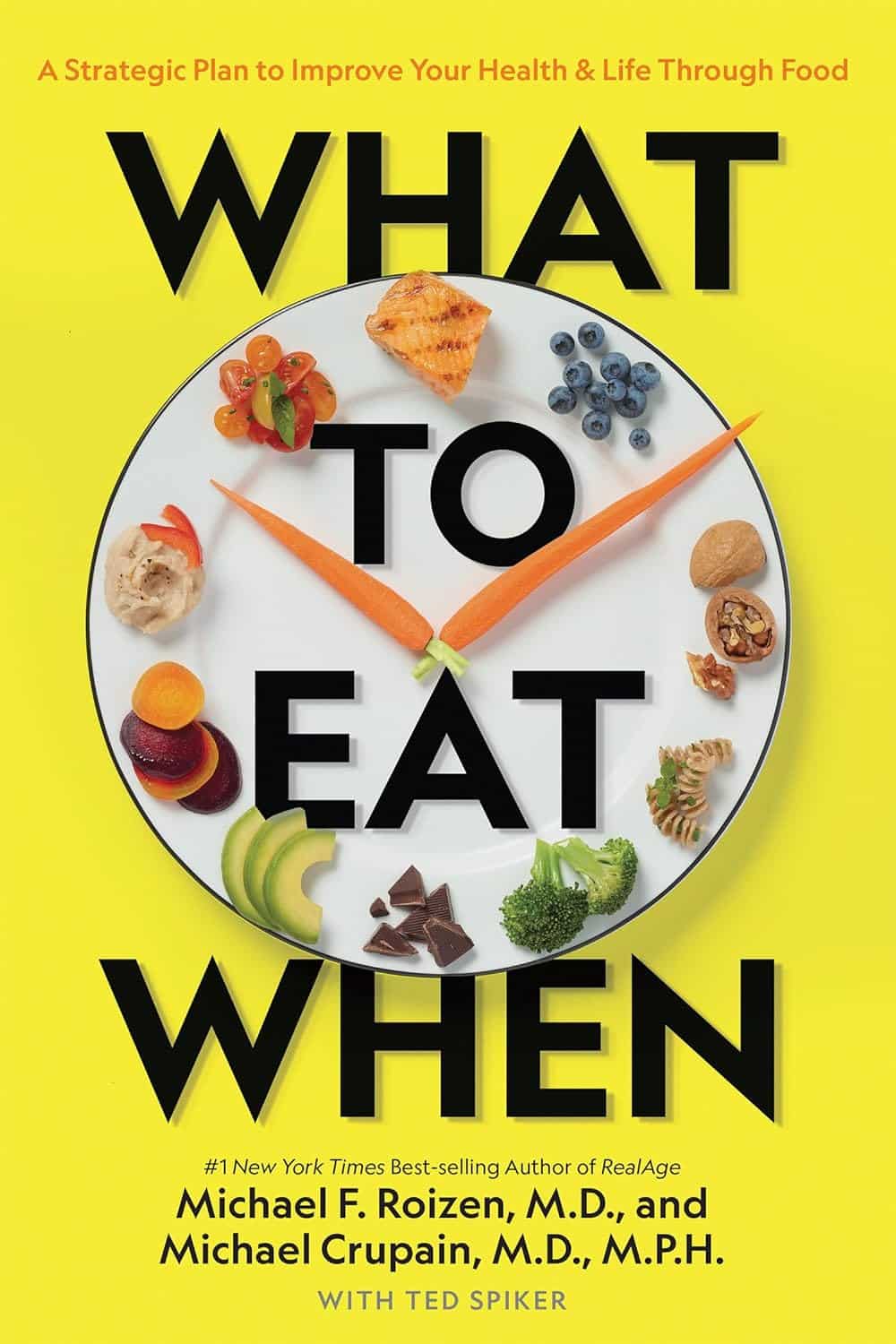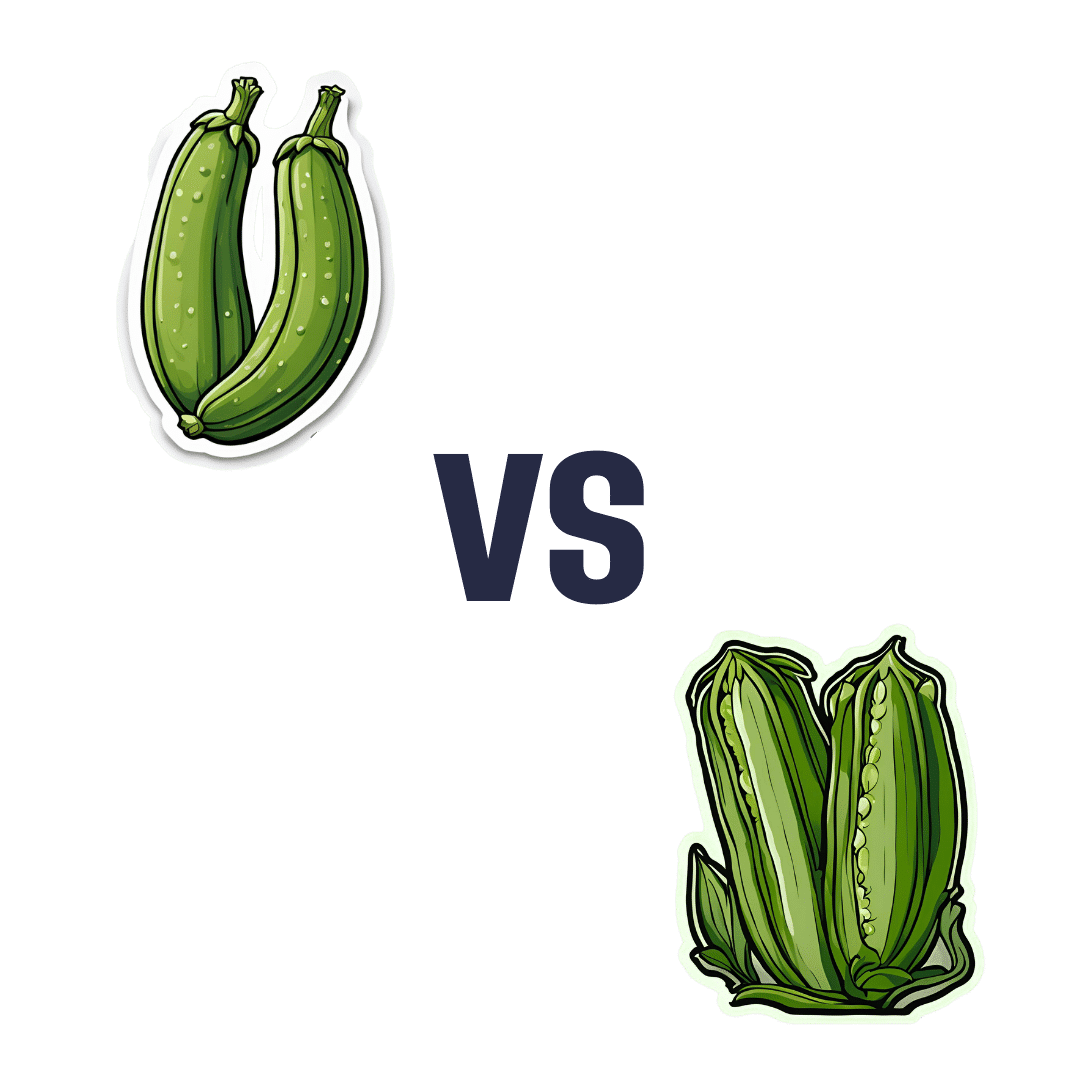
GABA Against Stress/Anxiety
10almonds is reader-supported. We may, at no cost to you, receive a portion of sales if you purchase a product through a link in this article.
A Neurotransmitter Less Talked-About
GABA is taken by many people as a supplement, mostly as a mood modifier, though its health claims go beyond the recreational—and also, we’re of the opinion that mental health is also just health, and if it works, it works. We’ll explore some of the claims and science behind them today…
What is GABA?
GABA stands for gamma-aminobutyric acid, and it’s a neurotransmitter. It’s a lot less talked-about than for example dopamine or serotonin, but it’s very important nonetheless.
We make it ourselves inside our body, and we can also get it from our food, or supplement it, and some drugs will also have an effect on its presence and/or activity in our body.
What foods is it found in?
- Animals, obviously (just like in human brains*)
- Fermented foods (many kinds)
- Yeast
- Tea
- Tomatoes
- Mulberries
For more details, see:
γ-Aminobutyric acid found in fermented foods and beverages: current trends
*However, we do not recommend eating human brains, due to the risk of CJD and prion diseases in general.
What claims are made about it and are they true?
For brevity, we’ll give a little spoiler up-front: all the popular claims for it appear to be valid, though there’s definitely room for a lot more human trials (we skipped over a lot of rodent studies today!).
So we’ll just drop some of its main benefits, and human studies to back those.
Reduction of stress and anxiety
GABA decreases task-related stress and anxiety within 30 minutes of being taken, both in subjective measures (i.e., self-reports) and in objective clinical physiological measures:
Cognitive enhancement
It’s not a does-everything nootropic like some, but it does have clear benefits to episodic memory:
❝GABA intake might help to distribute limited attentional resources more efficiently, and can specifically improve the identification and ordering of visual events that occur in close temporal succession❞
One of the things that makes this one important is that it also deals with the often-asked question of “does GABA pass the blood-brain barrier”:
❝The present findings do give further credence to the idea that oral ingestion does allow GABA to reach the brain and exert direct effects on cognition, which in the present case were specific to temporal attention.❞
Read more:
Supplementation of gamma-aminobutyric acid (GABA) affects temporal, but not spatial visual attention
Potential for more
We take care to give good quality sources, so the following study comes with a big caveat that it has since been retracted. Why was it retracted, you wonder?
It’s about the sample; they cite “30 healthy adults”, but neglected tp mention that this figure was initially 46. What happened to the other 16 participants is unclear, but given that this was challenged and the challenge not answered, it was sufficient for the journal (Nature) to pull the study, in case of deliberate sample bias.
However! Running the numbers in their results section, a probability of 0.03 is very compelling unless the disappearance of 16 subjects was outright fraudulent (which we regrettably cannot know either way).
Here’s the study (so take it with a pinch of salt, considering the above), and taken at face value, it shows how GABA supplementation improves accurate reactions to fast-moving visual and auditory stimuli:
RETRACTED ARTICLE: γ-Aminobutyric acid (GABA) administration improves action selection processes: a randomised controlled trial
…so, hopefully this experiment will be repeated, without disappearing participants!
The sweet spot
You may be wondering how something that slows a person down (having a relaxing effect) can also speed a person up. This has to do with what it is and isn’t affecting; think of it like a “focus mode” on your computer or other device that greys-out everything else a bit so that you can focus on what you’re doing.
It’s in some ways (by different neurochemical pathways, though) a similar effect to the “relaxed alertness” created by l-theanine supplementation.
There’s also a sweet spot whereby GABA is toning some things down just the right amount, without adversely affecting performance in areas we don’t want slowed down. For the science of this, see:
Is it safe?
GABA is “Generally Recognized As Safe”. However:
- you should speak with your pharmacist if you are taking any medications for blood pressure or epilepsy, as GABA supplementation may cause them to work too well.
- you should absolutely not take GABA with alcohol or opioids as (dose-dependent for all the substances involved, and also depending on your metabolic base rate and other factors) its acute depression of the CNS can mean you relax and slow down too much, and you may find yourself not breathing often enough to sustain life.
Aside from that, it is considered safe up to at least 1g/kg/day*. Given that popular doses are 120–750mg, and most people weigh more than 750g, this is very safe for most people:
United States Pharmacopeia (USP) Safety Review of Gamma-Aminobutyric Acid (GABA)
Where can I get it?
We don’t sell it, but for your convenience, here’s an example product on Amazon
Enjoy!
Don’t Forget…
Did you arrive here from our newsletter? Don’t forget to return to the email to continue learning!
Recommended
Learn to Age Gracefully
Join the 98k+ American women taking control of their health & aging with our 100% free (and fun!) daily emails:
-
Black Tea or Green Tea – Which is Healthier?
10almonds is reader-supported. We may, at no cost to you, receive a portion of sales if you purchase a product through a link in this article.
Our Verdict
When comparing black tea to green tea, we picked the black tea.
Why?
It was close! Ultimately we picked the black tea as the “best all-rounder”.
Both teas are great for the health, insofar as tea in general is a) a very good way to hydrate (better absorption than plain water) and b) an excellent source of beneficial phytochemicals—mostly antioxidants of various kinds, but there’s a lot in there.
We did a run-down previously of the relative benefits of each of four kinds of tea (black, white, green, red):
Which Tea Is Best, By Science?
Which concluded in its final summary:
Black, white, green, and red teas all have their benefits, and ultimately the best one for you will probably be the one you enjoy drinking, and thus drink more of.
If trying to choose though, we offer the following summary:
- Black tea: best for total beneficial phytochemicals
- White tea:best for your oral health
- Green tea: best for your brain
- ❤️ Red tea: best if you want naturally caffeine-free
Enjoy!
Share This Post
-
Ready… Set… Flow!
10almonds is reader-supported. We may, at no cost to you, receive a portion of sales if you purchase a product through a link in this article.
Time to make your new year plans? Or maybe you’ve already made a list, and you’re checking it twice. If so, now’s the time to make sure that your new year’s plans will flow:
“Flow”, as you may be aware, is the psychological state generally defined as “a state in which we feel good about what we’re doing, and just keep doing it, at a peak performance level”; the term was coined by psychologist Mihaly Csikszentmihalyi and has risen to popularity since.
We wrote about it a little before, here:
Morning Routines That Just Flow
The above article details how to start the perfect day, but how to start the perfect year? Firstly, it’s good to get the jump on the new year a little; see:
The Science Of New Year’s Pre-Resolutions
…and we also agree with Dr. Faye Bate, who preaches taking the path of least resistance when it comes to healthy habits:
How To Actually Start A Healthy Lifestyle In The New Year
Because…
Getting into the flow
The most hydrating drink is the one that [contains adequate water and] you will actually drink. The best exercise is the one you’ll do. The best sleep is the sleep you can actually get. And so on.
We see this—or rather its evil counterpoint—a lot in diet culture. People frame their willpower against the temptations of donuts and whatever, and make Faustian bargains whereby they will eat food they find boring in the hopes it will bring them good health. And it won’t. Because, they’ll give up quickly.
Instead, each part of our healthy life has to be engaged with with a sense of flow. Again, that’s: “a state in which we feel good about what we’re doing, and just keep doing it, at a peak performance level”
So we need to find healthy recipes we like (check out our recipe section!), we need to find exercise that we like, we need to find an approach to sleep that the Geneva Convention wouldn’t consider a kind a torture, and so forth. And, ideally, not just “like” in the sense of “this is tolerable” but “like” in the sense of “I am truly passionate about this thing”.
And that’s going to look different for each of us.
Running is a great example of something that some people truly love, whereas others will do almost anything to avoid.
And food? We’ve written before about the usefulness of a “to don’t” list; it’s like a “to do” list, but it’s things we’re not going to even try to do. For example, a person with two addictions is usually advised to quit one at a time, so quitting the other would go on a “to don’t” list for now. The same goes for food; you need to enjoy what you’re eating or you won’t “feel good about what we’re doing, and just keep doing it”, per flow. So, do not deprive yourself; it won’t work anyway; just pick one healthy change to make, and then queue up any other changes for once the first one has started feeling natural to you.
For more on “to don’t” lists and other such tricks, see: How To Keep On Keeping On… Long Term!
Staying in the flow
…is not usually a problem, you would think, because “…and just keep doing it, at peak performance level” but the fact is, sometimes we get kicked out of our flow by something external. We covered some of that in the above-linked “How To Keep On Keeping On” article, such as figuring out showstoppers in advance (for example, “if I get an injury, I will rest until it is healed”) and ideally, back-up plans.
For example, let’s say you have your dietary plan all worked out, then you are invited to someone’s birthday celebration a couple of weeks in, and you don’t want to rain on their parade, so you figure out for yourself in advance how you are going to mitigate any harm to your plans, e.g. “I will simply choose the healthiest option available, and not worry if it doesn’t meet my usual standards” or “I will simply fast” if that’s an appropriate thing for you (for some it might be, for some it might not be).
For more on this, see:
How To Avoid Slipping Into (Bad) Old Habits
Take care!
Share This Post
-
Hashimoto’s Food Pharmacology – by Dr. Izabella Wentz
10almonds is reader-supported. We may, at no cost to you, receive a portion of sales if you purchase a product through a link in this article.
The author is a doctor of pharmacology, and we’ve featured her before as an expert on Hashimoto’s, which she has. She has recommendations about specific blood tests and medications, but in this book she’s mainly focussing on what she calls the “three Rs” of managing hypothyroidism:
- Remove the causes and triggers of your hypothyroidism, so far as possible
- Repair the damage caused to your body, especially your gut
- Replace the thyroid hormones and related things in which your body has become deficient
To this end, she provides recipes that avoid processed meats and unfermented dairy, and include plenty of nutrient-dense whole foods specifically tailored to meet the nutritional needs of someone with hypothyroidism.
A nice bonus of the presentation of recipes (of which there are 125, if we include things like “mint tea” and “tomato sauce” and “hot lemon water” as recipes) is explaining the thyroid-supporting elements of each recipe.
A downside for some will be that if you are vegetarian/vegan, this book is very much not, and since many recipes are paleo-style meat dishes, substitutions will change the nutritional profile completely.
Bottom line: if you have hypothyroidism (especially if: Hashimoto’s) and like meat, this will be a great recipe book for you.
Click here to check out Hashimoto’s Food Pharmacology, and get cooking!
Share This Post
Related Posts
-
What to Eat When – by Drs. Michael Roizen and Michael Crupain
10almonds is reader-supported. We may, at no cost to you, receive a portion of sales if you purchase a product through a link in this article.
Here at 10almonds, we cover a lot of the “what to eat”, but tend to only sometimes touch on the “when”—and indeed, this is a reflection of a popular focus. But what if we were to pay a little more attention to that “when”; what would it get us?
According to Drs. Roizen and Crupain… Quite a bit!
In this work, they take into account the various factors affecting the benefit (or harm!) of what we eat when:
- in the context of our circadian rhythm
- in the context of our insulin responses
- in the context of intermittent fasting
The style throughout is very focused on practical actionable advice. For example, amongst other lifestyle-adjustment suggestions, the authors make the case for front-loading various kinds of food earlier in the day, and eating more attentively and mindfully when we do eat.
They also offer a lot of “quick tips” of the kind we love here at 10almonds! Ranging from “how about this breakfast idea” to “roasting chickpeas like this makes a great snack” to “this dessert is three healthy foods disguised as a sundae”
All in all, if you’d like a stack of small tweaks that can add up to a big difference in your overall health, this is a book for you.
Don’t Forget…
Did you arrive here from our newsletter? Don’t forget to return to the email to continue learning!
Learn to Age Gracefully
Join the 98k+ American women taking control of their health & aging with our 100% free (and fun!) daily emails:
-
Zucchini vs Okra – Which is Healthier?
10almonds is reader-supported. We may, at no cost to you, receive a portion of sales if you purchase a product through a link in this article.
Our Verdict
When comparing zucchini to okra, we picked the okra.
Why?
Looking at the macros first, okra has nearly 2x the protein and more than 3x the fiber (for about 2x the carbs).
In terms of vitamins, things are also quite one-sided; zucchini has a little more vitamin B2, while okra has a lot more of vitamins A, B1, B3, B5, B6, B9, C, E, K, and choline.
Nor does the mineral situation make any compelling counterargument; zucchini is higher only in sodium, while okra has a lot more calcium, copper, iron, magnesium, manganese, phosphorus, potassium*, selenium, and zinc.
*Actually it’s only a little more potassium. But the rest are with big margins of difference.
Both of these on-the-cusp-of-being-pungent vegetables have beneficial antioxidant polyphenols (especially various forms of quercetin), but okra has more.
In short: enjoy both, of course, but there’s a clear winner here and it’s okra.
Want to learn more?
You might like to read:
Enjoy Bitter/Astringent/Pungent Foods For Your Heart & Brain
Take care!
Don’t Forget…
Did you arrive here from our newsletter? Don’t forget to return to the email to continue learning!
Learn to Age Gracefully
Join the 98k+ American women taking control of their health & aging with our 100% free (and fun!) daily emails:
-
Buckwheat vs Bulgur Wheat – Which is Healthier?
10almonds is reader-supported. We may, at no cost to you, receive a portion of sales if you purchase a product through a link in this article.
Our Verdict
When comparing buckwheat to bulgur, we picked the buckwheat.
Why?
First, some things to know up front:
- Bulgur wheat is a kind of cracked wheat product. As such, it contains wheat, and yes, gluten.
- Buckwheat is not a wheat, nor even a grass, but a flowering plant. Buckwheat is as related to wheat as a lionfish is to a lion. It does not contain gluten.
- Buckwheat can be purchased whole or hulled. We went with whole. If you go with hulled, the percentages of vitamins and minerals will be relatively higher, and/but this will be because you lost the fibrous husk, so they’ll be commensurately lower in fiber. If you were to go with hulled, we’d still pick it over bulgur wheat though, just for a different reason (as in that case, the vitamin and mineral contents would be more overwhelmingly in buckwheat’s favor, even though it’d have less fiber).
Ok, now that those things are covered…
Looking at the macronutrients, there’s not a lot between them, except that buckwheat has the much lower glycemic index (this is only the case if you got whole, not hulled—if you got hulled, the glycemic index would be about the same).
In terms of vitamins, buckwheat has more of vitamins B2, B5, B9, E, K, and choline, while bulgur wheat technically has more vitamin A, but the numbers are tiny; a cup of bulgur wheat will give you 0.12% of the RDA. So, an easy win (functionally: 5:0) for buckwheat.
When it comes to minerals, buckwheat has more copper, magnesium, potassium, and selenium, while bulgur wheat has more calcium and manganese. They’re equal on iron and phosphorus, making this a 4:2 win for buckwheat.
Adding up the categories makes this a clear win for buckwheat!
Want to learn more?
You might like to read:
Take care!
Don’t Forget…
Did you arrive here from our newsletter? Don’t forget to return to the email to continue learning!
Learn to Age Gracefully
Join the 98k+ American women taking control of their health & aging with our 100% free (and fun!) daily emails:







